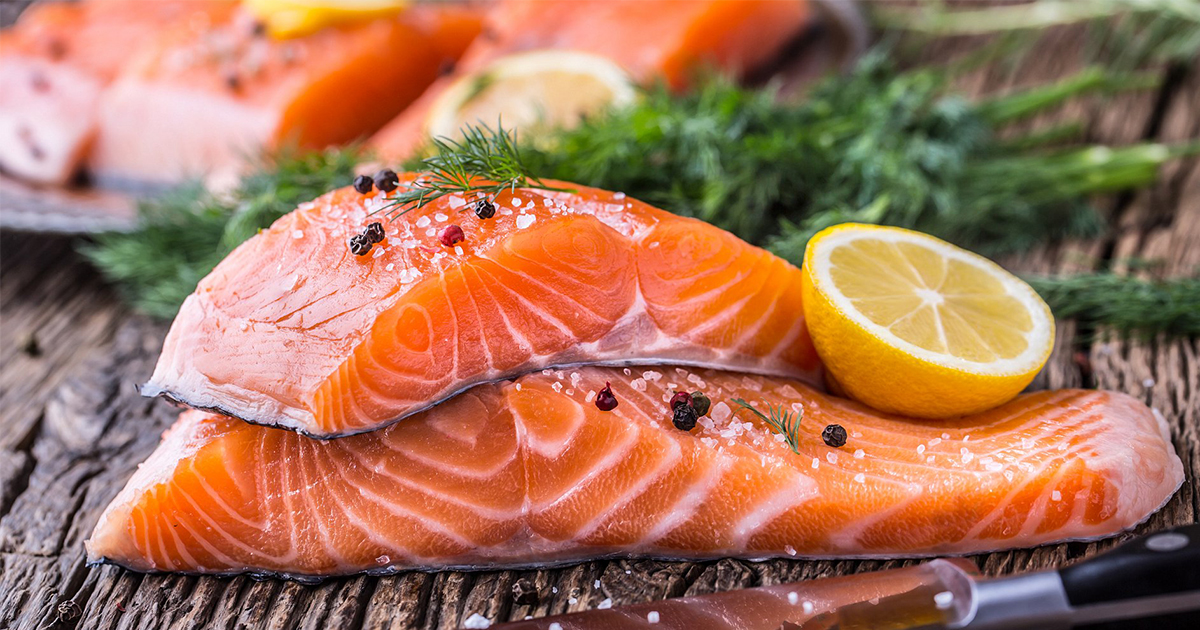Omega-3 From Seafood Is Kidney-friendly

Fish is a nutritious food. It is an excellent protein source and filled with omega-3 fatty acids. Fatty cold-water fish like salmon, sardines, mackerel, and herrings, as well as, to a lesser extent, shellfish like oysters, mussels, and crab, are some of the richest dietary sources of these fatty acids. Research led by the George Institute for Global Health and the University of New South Wales has suggested that eating at least 2 portions of oily fish is associated with a lower risk of chronic kidney problems.
The research team combined the findings of 19 studies from 12 nations examining the connection between omega-3 fatty acid levels and the onset of chronic kidney problems in adults. The main analysis comprised about 25000 individuals, ranging in age from 49 to 77.
Participants were split into groups based on how much seafood omega-3 fatty acids they consumed, and those in the highest fifth had a 13% lower risk of developing chronic kidney problems than those in the lowest fifth. A Higher level of seafood omega-3 fatty acids was linked to an 8% decreased chance of getting chronic kidney problems after variables such as age, sex, race, body mass index, smoking, alcohol use, physical activities, and other chronic health issues were taken into account. A slower annual loss in renal function was linked to higher levels. However, this link was not found with higher plant-derived omega-3 fatty acids consumption.
While the findings were observational and did not prove that including more seafood in the diet would surely lower the risks of chronic kidney problems, the results appeared consistent across age groups.
- * All research and clinical data should be used as reference purposes only, results may vary.




